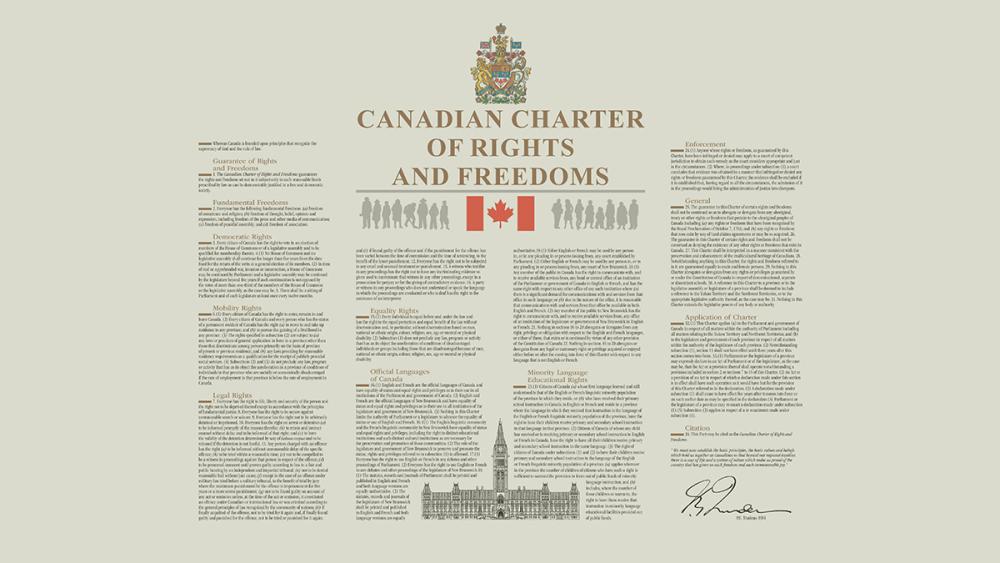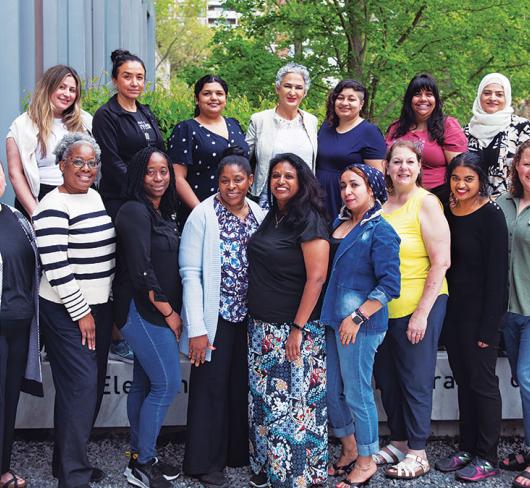
Special Programs
ETFO’s Equity Statement defines equity as “fairness achieved through proactive measures, which results in equality, promotes diversity, and fosters respect and dignity for all.” The “equality” described in the Equity Statement is known in law as “substantive equality.”
Substantive equality recognizes that treating everyone the same (“formal equality”) can perpetuate disadvantage and discrimination, and that taking positive steps to identify and address the barriers experienced by certain individuals and groups is sometimes necessary to help achieve equal opportunity for everyone.
That “proactive measures” may be needed to achieve substantive equality is something that is not only recognized in ETFO’s Equity Statement but also by the Canadian Charter of Rights and Freedoms and human rights legislation, through provisions for “special programs.”
In Ontario, Section 14(1) of the Human Rights Code protects programs designed to provide equal opportunities to people who are disadvantaged on the basis of a Code ground against challenges by individuals who do not experience the same disadvantages.
In 2011, ETFO successfully defended dedicated women’s programs and designated positions for women on the Executive from such a challenge, when a member filed an application at the Human Rights Tribunal of Ontario alleging that these measures discriminated against men.
The Federation demonstrated to the tribunal that women-only programming and designated positions on the Executive were special programs designed to counter systemic sexual discrimination experienced by women within the profession and their union. ETFO provided statistics showing that while women comprised the vast majority of members (approximately 81 per cent at the time), they continued to be underrepresented in leadership roles in the union.
ETFO presented uncontested evidence showing that women were consistently underrepresented among delegates attending Annual Meetings, in positions on the provincial Executive, among local presidents, and as chief negotiators, and that women’s programs and designated positions are designed to overcome barriers to women’s participation in the union.
ETFO explained that the purpose of women-only education is to encourage women’s active participation in educational programs and to provide networking opportunities. It was also noted that ETFO had extensive parallel programming available to all members and that special programs were routinely re-evaluated by the Federation.
The tribunal agreed that ETFO’s women’s programs and designated positions for women on the Executive were both “special programs” under the Code, as they were clearly designed to assist a disadvantaged group (women) to achieve or attempt to achieve equal opportunity within the union. The tribunal also noted that Section 14 of the Code is a complete defense against an allegation of discrimination when the challenge to the program comes from someone whose needs do not fall within the purpose of the special programs and who is member of a historically privileged group. The tribunal concluded that the application had no reasonable prospect of success and dismissed it. ETFO is proud of the special programs and opportunities we offer to our diverse membership. We will continue to defend them as part of our ongoing work towards fulfilling the goals in our Equity Statement.
Mandy Wojcik is ETFO staff legal counsel.

